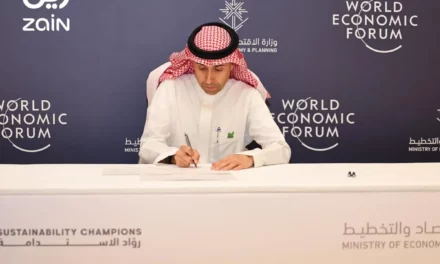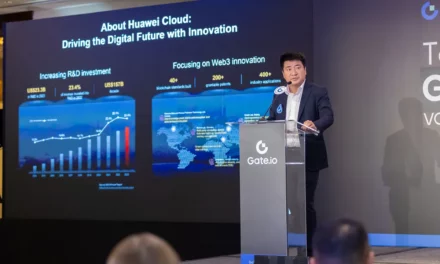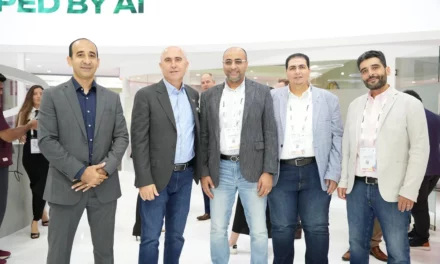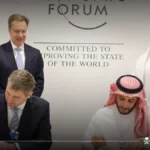
Philips meets its ‘Healthy people, Sustainable planet’ targets and forges ahead with an integrated ESG framework

- Philips is one of the first health technology companies in the world that has become fully carbon neutral in its operations
- New integrated Environmental, Social and Governance framework with targets and action plans builds on current success to raise the bar for the company’s ESG performance over the next five years
United Arab Emirates, Dubai – Royal Philips (NYSE: PHG, AEX: PHIA), a global leader in health technology, today announced that it successfully met all the targets set out in its 2016 – 2020 ‘Healthy people, Sustainable planet’ program. Key achievements of the program include carbon neutrality in its operations, 100% electricity from renewable sources, over 70% of sales from Green Products and Services [1], 15% of sales coming from circular revenues, recycling 90% of its operational waste, and sending zero waste to landfill.
“I am pleased that we have delivered on all the targets set out in our Healthy people, Sustainable planet program, making Philips one of the first health technology companies in the world that has become carbon neutral in its operations,” said Frans van Houten, CEO of Royal Philips. “Our current integrated ESG framework builds on this success, and we are determined to join forces with all necessary stakeholders, public and private, to drive environmental, social and governance priorities and generate global impact. With the COVID-19 pandemic and climate change exposing the risks in terms of people’s health and access to quality healthcare, we are committed to building inclusive and resilient healthcare systems, while reducing our dependency on natural resources.”
Philips’ Environmental, Social and Governance update is an integral part of the Philips Annual Report 2020, which was published earlier today. Highlights include:
Environmental:
- Renewable energy sources: Through consortium-led virtual Power Purchase Agreements, Philips is securing renewable electricity supply to power its European operations.
- Circular economy: Philips plays a leading role in the Platform for Accelerating the Circular Economy (PACE), setting global Action Agendas and driving change to embed circular thinking and ways of working. As part of its commitment to the World Economic Forum (WEF) Capital Equipment pledge, Philips has delivered on its commitment to close the loop for large medical systems equipment by offering a trade-in for all deals that the company won around the globe, repurposing/recycling components and materials in a responsible way to improve more lives without further depleting the world’s natural resources.
- Supply chain: Philips works with suppliers to further reduce their carbon emissions by supporting capacity building and contributing to transparency and efficiency in the supply chain. This approach has improved the sustainability performance of suppliers that entered the program in 2019 by 36% compared to last year.
Social:
- Lives improved: In 2020, Philips’ products and solutions improved the lives of 1.75 billion people. This figure includes 207 million people in underserved communities. To this end, Philips is also teaming up with governments, NGOs and hospitals. For example, Philips partnered with the African Union to provide medical equipment and expertise to help meet the immediate needs of medical practitioners and COVID-19 patients.
- Supply chain: Philips’ programs have improved the lives of 302,000 workers in its supply chain in 2020.
- Fair and inclusive workplace: Philips’ average employee engagement score for 2020 was 79%. Philips’ employee survey consistently reports that its employee engagement is on the rise and well exceeding the global high-performance norm of 71%. Moreover, gender diversity in senior leadership positions was 27% by the end of 2020, exceeding Philips’ target of 25%.
Governance:
- Philips has a strong track record of transparency in its plans, actions and reporting. For example, all Philips’ ESG data is externally audited at the highest level. Furthermore, in addition to the company’s customary disclosures on tax contributions in its Annual Report 2020, Philips today published its first Country Activity and Tax Report 2020 detailing its tax contributions for all countries it operates in.
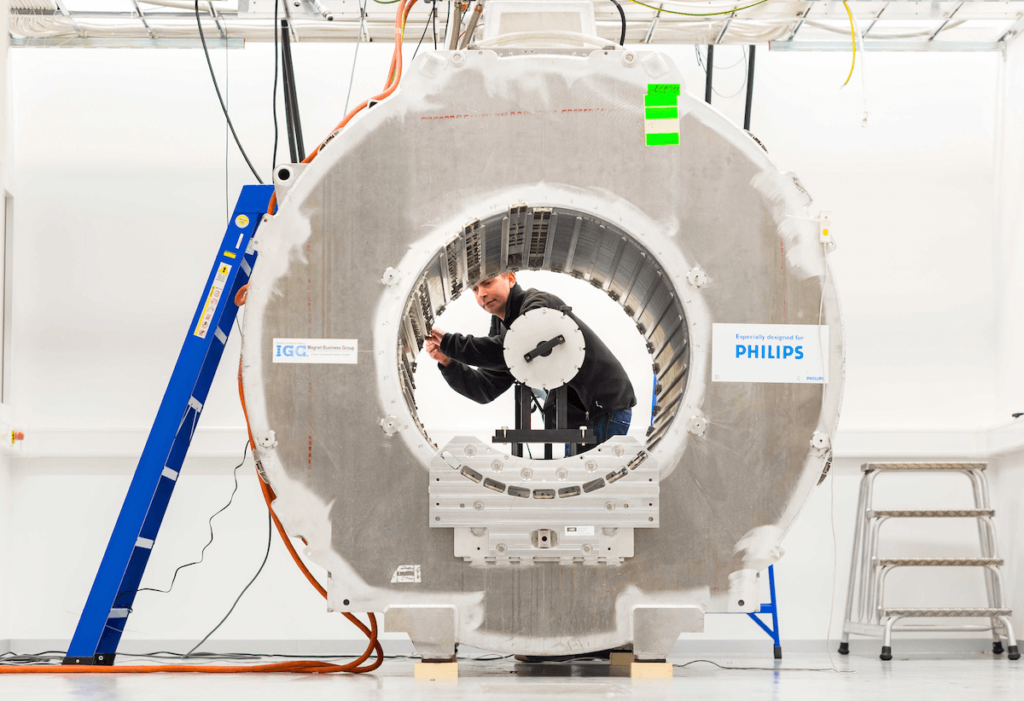
Raising the bar
As part of its ongoing commitment to making the world healthier and more sustainable through innovation, Philips will continue to build on the success of the program with an enhanced and fully integrated approach to doing business responsibly and sustainably. As announced last September, this new framework comprises a comprehensive set of targets, commitments, and action plans across all the Environmental, Social, and Governance dimensions that will drive further growth while acting responsibly towards the planet and society.
Human Rights Report
Today, Philips also published its latest Human Rights Report 2020, which contains information about the company’s progress with regard to identifying and mitigating (potential) adverse human rights impacts in Philips’ own operations and its value chain. Moreover, Philips issued new policy statements on human rights, fair employment, and inclusion, and diversity, covering aspects such as equal opportunity, fair and equal pay, workplace harassment/intimidation, child labor, forced labor, and working time directives.
Global recognition
Philips received further recognition for its ESG performance: top positions in the Dow Jones Sustainability Index, and Sustainalytics rankings; eight consecutive years on the CDP Climate Change A-list; greenhouse gas reduction targets approved by the Science Based Targets initiative. Philips also achieved second place in 2020 on Wall Street Journal’s 100 Most Sustainably Managed Companies in the World.
[1] Green Revenues are generated through products and solutions that offer a significant environmental improvement in one or more Green Focal Areas: Energy efficiency, Packaging, Hazardous substances, Weight, Circularity, and Lifetime reliability. Green Revenues increased to EUR 13.9 billion in 2020, or 71.0 % of sales (67.2% in 2019), reaching a record level and exceeding the 2020 target of 70%.




